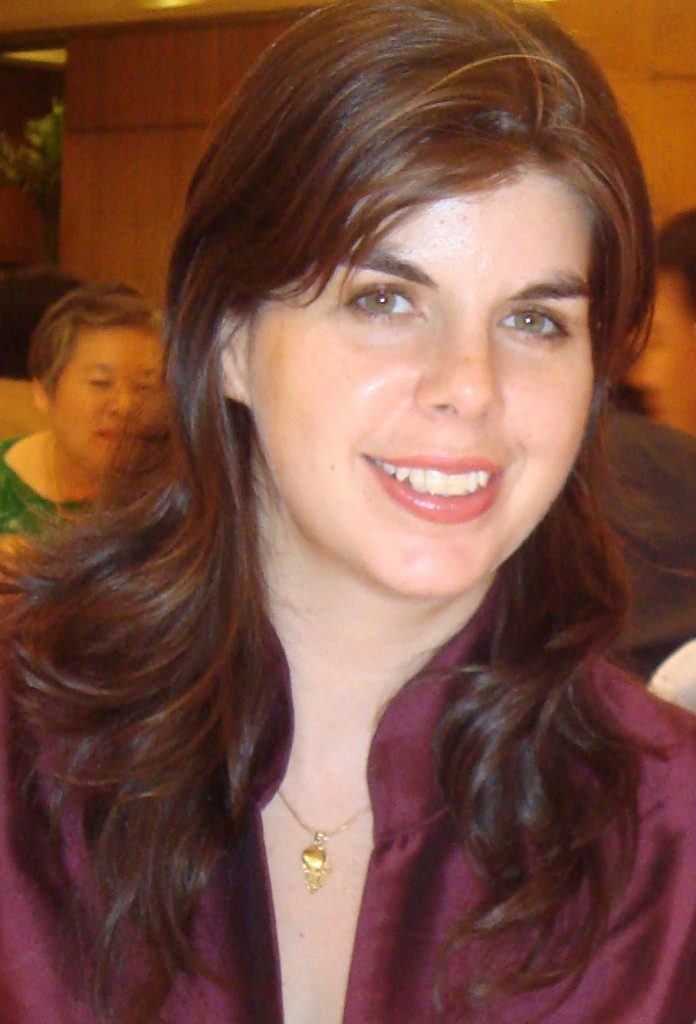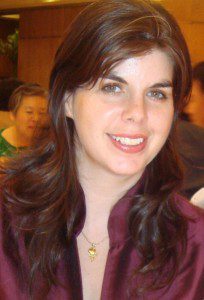Thinking about how I ended up as an expert in peace and conflict transformation, I realized that my time at Georgetown University was pivotal. In the spring of my sophomore year, I studied abroad in Jerusalem and then worked at the Jerusalem Post over the summer. There was hope about the seemingly impending peace between Israelis and Palestinians. By the time I got back to campus in September 2000, the second intifada had started, and the news was flooded with images of bloodshed and destruction in places I’d been only a few weeks earlier. I was so overwhelmed that I literally had to stop watching or reading the news.
The following spring, I went abroad to Turkey and stayed there over the summer. We had a spring break trip to Syria and a lot of coursework on Islam and the Middle East. I was back at Georgetown for just 2 weeks when September 11 happened. I remember the campus being eerily quiet as I walked down to the senior campus apartments and seeing the smoke plumes coming off the Pentagon. The air traffic that all new arrivals notice ceased for several months. And when National Airport opened again, some of my fellow students panicked, fearing a plane was going to crash into the clock tower. The media was filled with a lot of Muslim bashing which directly contradicted my experience in the Middle East.
Hearing Georgetown’s twin mantras of “You are the leaders of tomorrow” and “Men and women of service to others,” yet seeing the deep crisis that not only the Georgetown community was going through, but the whole nation, pointed to a deep conflict for me. At the time, I didn’t know how to resolve it, so I decided to flee it. The climate of fear in DC and in New York (where I grew up) was palpable and I couldn’t escape it by turning off the news. To get away from it, I moved to Paris.
After a couple years, I decided to get a masters degree in Peace and Conflict Studies, thinking that it could be something relevant to study. I went into the masters program focusing on the role of the media in portraying peace and conflict and looking at big international conflicts. As a result of my work there, I was invited into the TRANSCEND network, a community of peace workers and researchers, and got the first article about Peace Journalism published in the elite journal called Journalism. This opened doors to offering trainings at the UN, to national lobbying organizations and to groups focused on the Middle East.
Fortunately I picked a program that taught a model for creating peace that is applicable at the meta, international level all the way down to the micro, intrapersonal level. Using this model, I’ve learned that instead of avoiding (or fleeing) conflicts, I can engage with them and even gain something fruitful from them. I’ve learned how to navigate dreaded conversations with ease, how to create win-win opportunities, how to monitor my media intake to stay informed without getting depressed, and so many other skills that are vital to living a balanced and meaningful life, both personally and as a world citizen of service to others. I hope you’ll join me for my upcoming webinar on August 26 in which I’ll introduce you to this model.
A version of this post originally appeared on the Georgetown Alumni Career Services blog.


